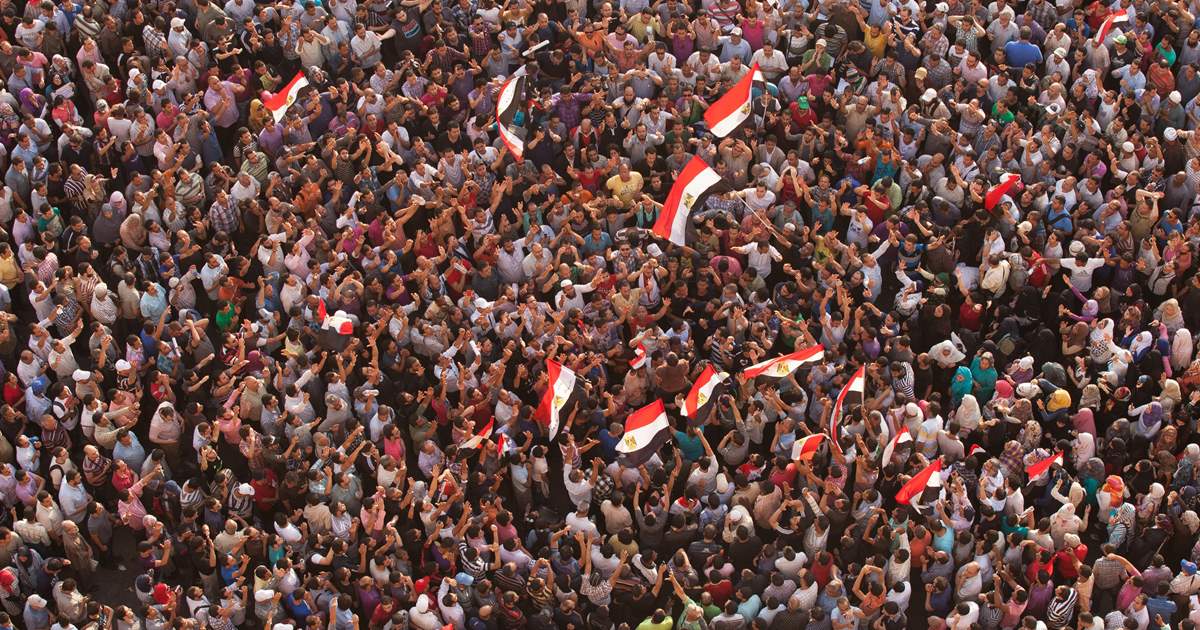Egyptian journalist Ahmed Gamal Ziada announced on Wednesday that his father has been detained, after he had disappeared for nearly 24 hours.
The arrest is the latest incident in what appears to be a campaign targeting relatives of dissidents based abroad.
“Today noon, my father Gamal Abdul Hamid Ziada appeared in the State Security Prosecution, and the Prosecution filed charges against him in Case No. 2064 of 2023, Supreme State Security, accusing him of misuse of communication, spreading false news, and joining a banned group,” the journalist wrote on X, formerly known as Twittter.
According to Ziada, a journalist based in Belgium who is also a human rights advocate and former political detainee, his father was detained on Tuesday in the Nahya district of Giza, which forms part of the Cairo metropolis.
“My family appeals to Mr President Abdel Fattah el-Sisi to intervene to release my father as soon as possible,” he wrote after the arrest, emphasising that his father “has never had anything to do with politics”. Ziada denounced the charges as unfounded, since his father does not engage in any public activity online. “My father runs a clothing workshop, and his Facebook page only publishes everything related to this workshop as a promotion for his work; his page is also private and does not publish public news,” he pointed out, in reference to the charge of “spreading false news”. “I believe that what is happening is nothing but suppression of journalistic work. It is an immoral targeting of my family.”
In another incident earlier this month, the father of German activist Fagr Eladly was detained after landing at Cairo international airport last Friday. Alaa Eladly, 59, was travelling to his native Egypt to spend the holidays with his son and is not involved in any kind of anti-government activism, according to his family. Human rights groups believe the targeting of family members of dissidents is another tool used by the Sisi government to stifle dissent.
“The Egyptian government is using families as chess pieces in its abusive campaign to force Egyptian critics abroad into silence,” Amr Magdi, a senior Egypt researcher for Human Rights Watch said in a statement following the disappearance of Ziada’s father. “President Sisi should immediately rein in his security forces and end these hostage-like arrests.” “Ziada was tortured and unjustly detained for months to punish him for his professional work,” Magdi added in a post on X. “In his new life in exile in Belgium, he’s been making significant contributions to human rights and democracy in #Egypt and elsewhere. Sisi must restrain his security agents now!” Middle East Eye has reached out to the Egyptian embassy in Belgium for comment but has not received a response at the time of publication.
Increasingly repressive apparatus
Ziada, a journalist and photographer who has previously contributed to Middle East Eye, was himself detained on several occasions before leaving Egypt. In December 2013 he was arrested on a number of charges, including illegal protesting and engagement in violent activities, with allegations going back to his coverage of clashes that took place at Al-Azhar University campus that year.
The arrest came in the aftermath of a military coup that saw former President Mohamed Morsi overthrown and replaced by his former defence minister and current Egyptian leader, Abdel Fattah el-Sisi. In a subsequent crackdown on Morsi’s supporters and other anti-government activists, hundreds of people – including journalists – were arrested on what human rights groups consider spurious accusations. Ziada was held in pre-trial detention for 497 days, until he was acquitted in 2015. During his detention, he took part in a partial hunger strike for 100 days, in protest at what he called false charges and unjust imprisonment. He also leaked information about the conditions inside the prison to journalists.
In 2019 Egyptian authorities detained him for around two weeks after he landed at Cairo airport, where he was travelling for a meeting of the Press Syndicate. Sisi has presided over an increasingly repressive state apparatus since the 2013 coup, with tens of thousands imprisoned and many hundreds killed in the crackdown on protests, such as the mass killing of protesters in Rabaa square in 2013. According to Amnesty International, many were sentenced to prison or death after grossly unfair trials. Torture and enforced disappearances are also widespread.





Recent Comments